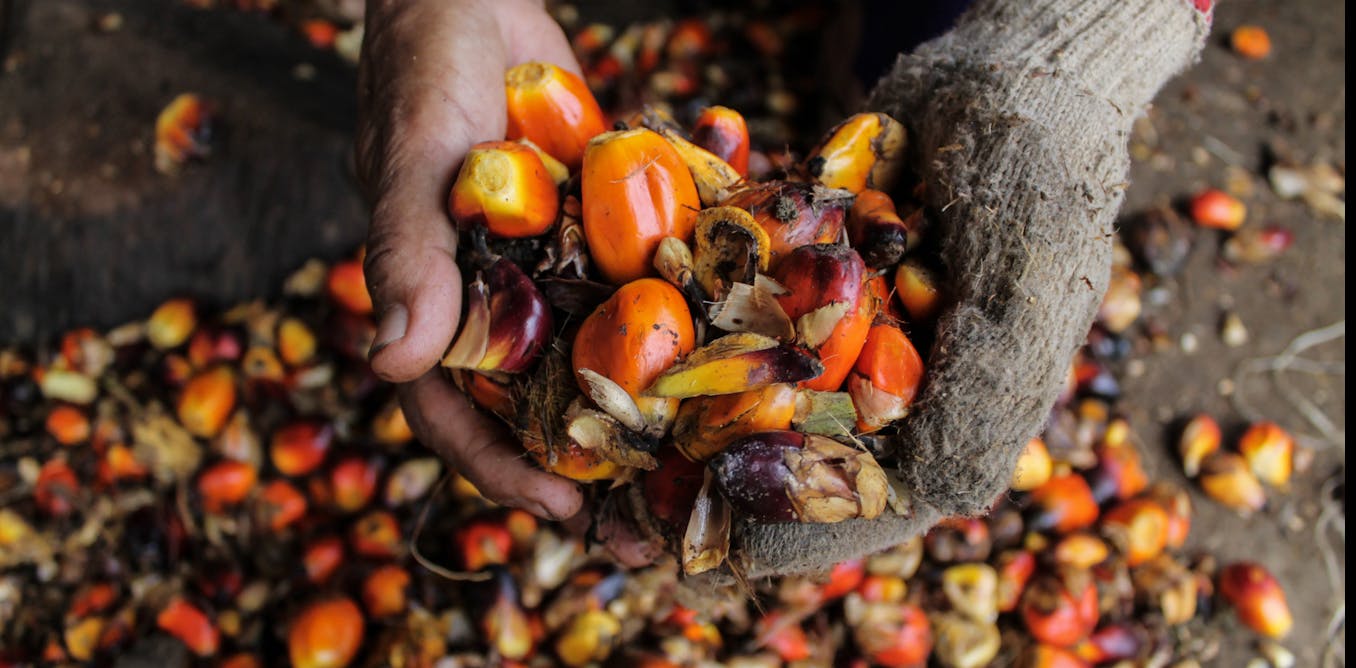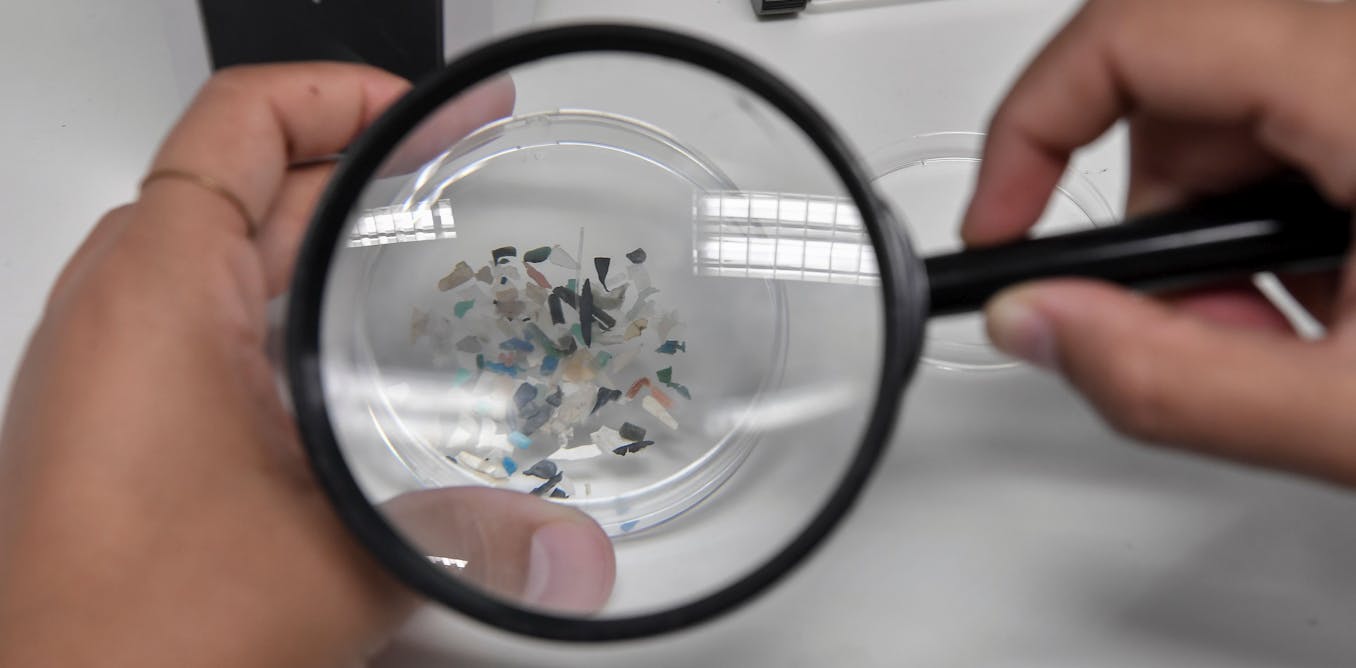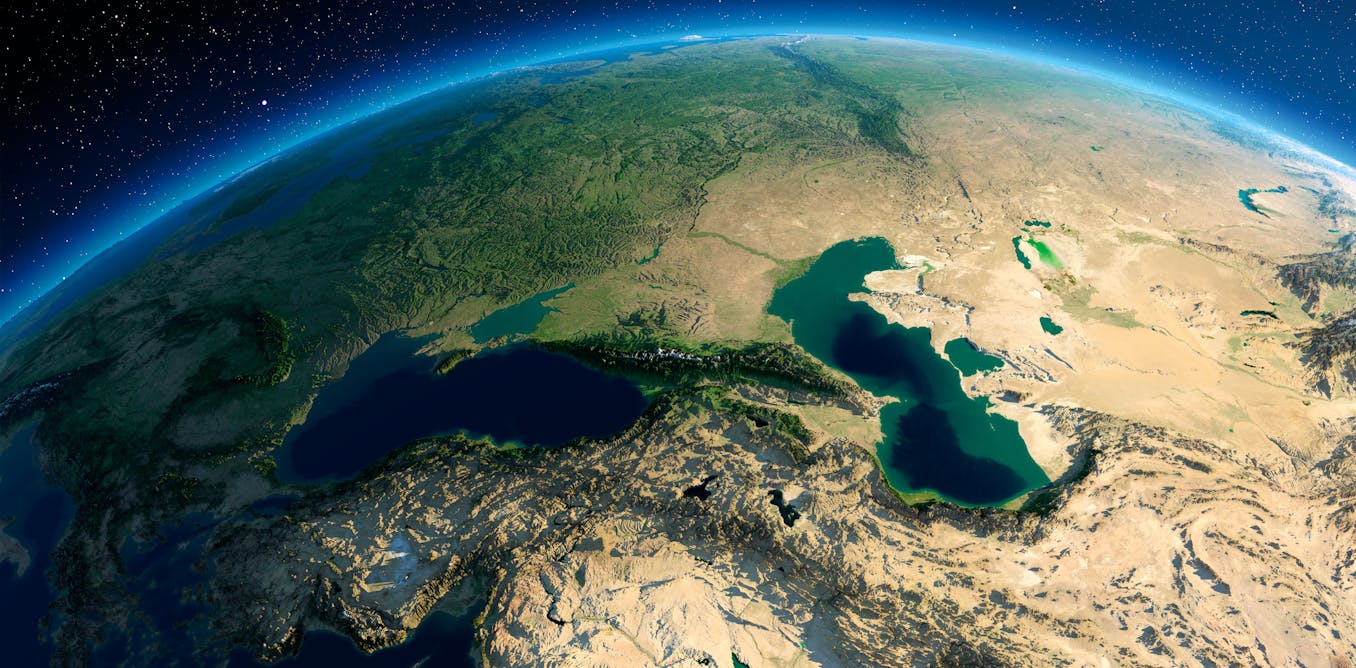The invasive spotted lanternfly is spreading across the eastern US – here's what you need to know about this voracious pest
The spotted lanternfly, native to Asia, is spreading fast since arriving in the United States seven years ago. An entomologist explains why this is a big problem.
July 28, 2021 • ~8 min









